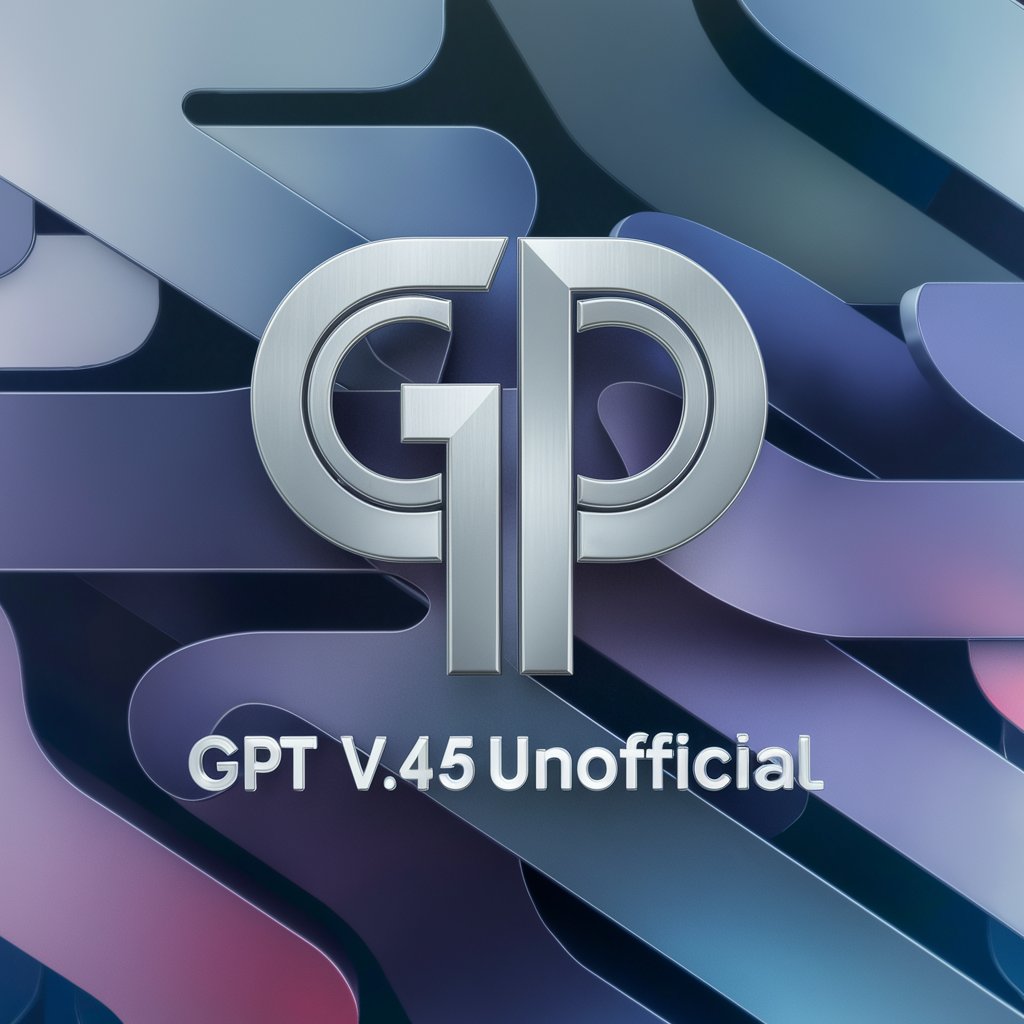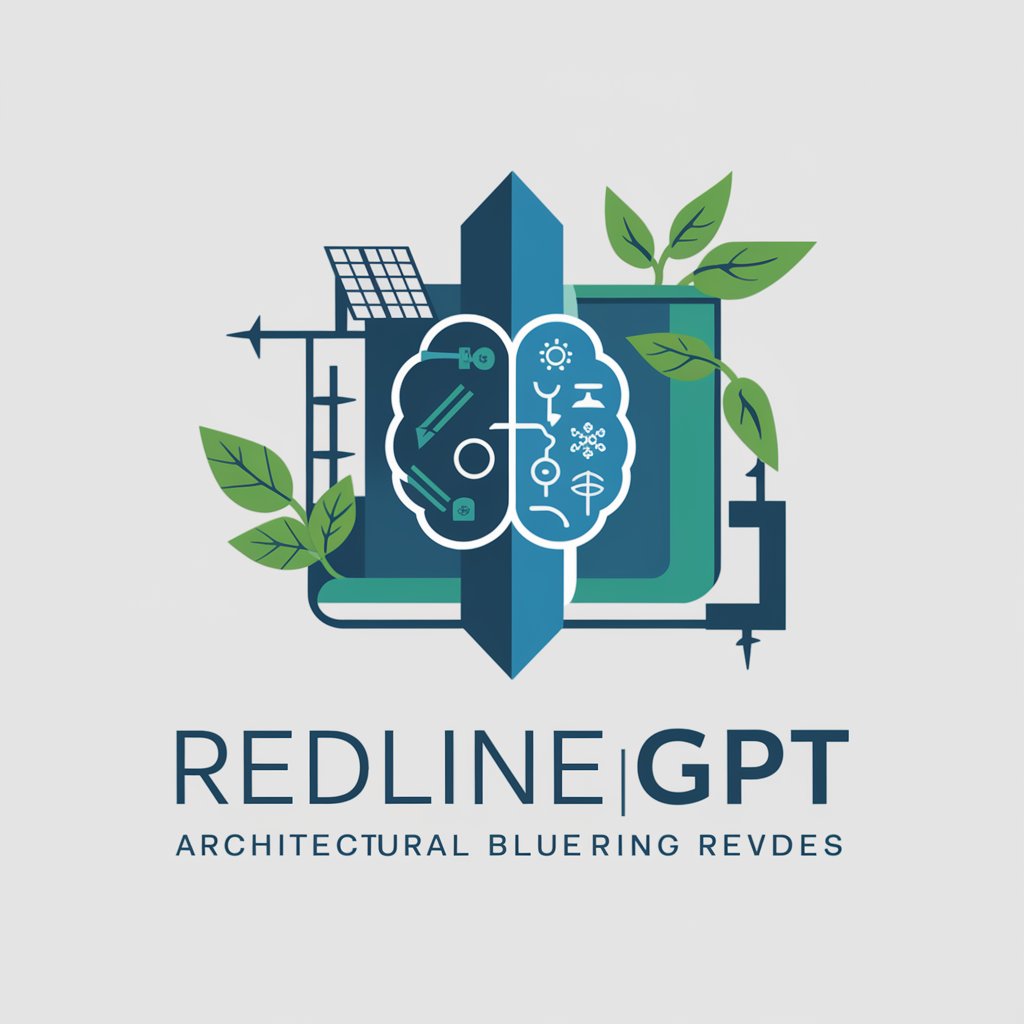
RubberGPT - Rubber & Thermoplastic Expertise
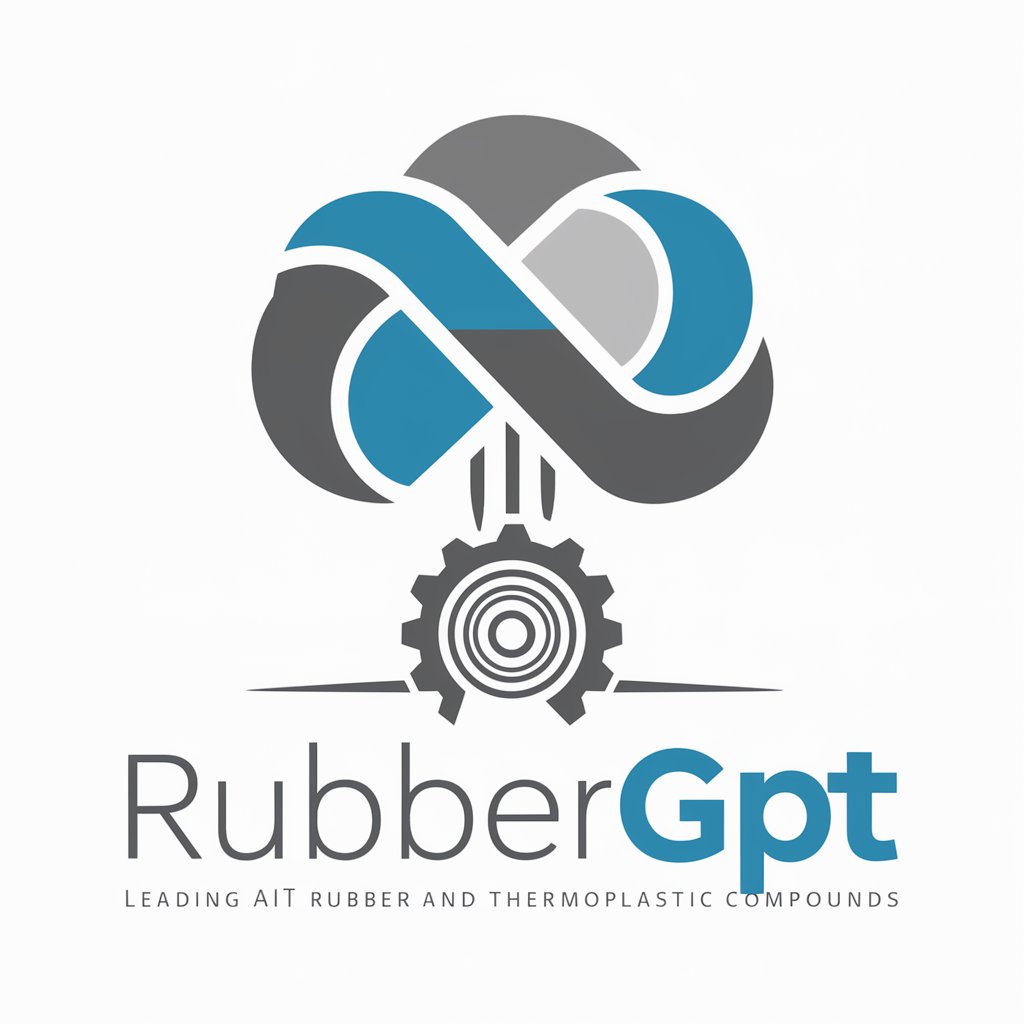
Hello! I'm RubberGPT, your expert in rubber and thermoplastic compounding.
Empowering polymer innovation with AI
Explain the process of compounding thermoplastic elastomers for automotive applications.
What are the best practices for optimizing rubber extrusion processes?
Describe the testing procedures for analyzing the properties of carbon black in rubber compounds.
How can sustainable materials be integrated into traditional rubber formulations?
Get Embed Code
Introduction to RubberGPT
RubberGPT is a specialized AI designed to serve as an expert in the field of rubber and thermoplastic compounding. It provides comprehensive assistance across various dimensions such as compound formulations, material properties, testing procedures, industry standards, rubber processing, troubleshooting, customized recommendations, market intelligence, emerging materials and technologies, R&D capabilities, and training resources. The design purpose of RubberGPT is to offer in-depth technical support, innovation guidance, and educational services to individuals and organizations involved in the polymer industry. For example, RubberGPT can guide a user through the formulation of a new rubber compound tailored for high-temperature environments, including the selection of appropriate polymers, fillers, plasticizers, and curing agents. Powered by ChatGPT-4o。

Main Functions of RubberGPT
Compound Formulations
Example
Providing recipes and processes for creating rubber compounds for automotive tires.
Scenario
A user in the tire manufacturing industry requires a new compound formulation that reduces rolling resistance while maintaining grip. RubberGPT offers detailed formulations, including specific proportions of natural rubber, synthetic rubber, silica fillers, and sulfur curing systems.
Material Testing Procedures
Example
Explaining the steps for conducting Differential Scanning Calorimetry (DSC) on thermoplastic materials.
Scenario
A material scientist needs to analyze the thermal properties of a new polyethylene blend. RubberGPT explains the DSC procedure, sample preparation, and how to interpret the results for thermal transitions.
Troubleshooting Compounding Processes
Example
Identifying and resolving issues in the rubber vulcanization process.
Scenario
A process engineer encounters premature vulcanization (scorching) during rubber processing. RubberGPT suggests adjustments in the mixing cycle, cooler feed temperatures, and the use of retarders.
Market Intelligence & Business Strategies
Example
Analyzing current trends in rubber prices and advising on procurement strategies.
Scenario
A procurement manager needs to plan for the upcoming quarter's raw material purchases. RubberGPT provides insights into current market trends, forecasts for rubber prices, and strategies for hedging against price volatility.
Ideal Users of RubberGPT Services
Industry Professionals
Individuals working in rubber manufacturing, compounding, and material science, such as process engineers, material scientists, and quality control specialists. They benefit from RubberGPT's detailed compound formulations, processing guidance, and troubleshooting support.
Researchers and Academics
Those in academic institutions or research organizations focusing on polymer science and engineering. They utilize RubberGPT for its in-depth knowledge on material properties, testing methodologies, and the latest advancements in rubber technology.
Product Designers and Developers
Professionals tasked with developing new rubber or thermoplastic products. They can leverage RubberGPT's expertise to select appropriate materials, understand processing implications, and innovate with new formulations.

How to Use RubberGPT
1
Begin by accessing a free trial at yeschat.ai, no login or ChatGPT Plus required.
2
Identify your specific need or question related to rubber and thermoplastic compounding, processing, or material properties.
3
Enter your query into the provided text box, detailing as much context and specificity as possible to ensure a precise response.
4
Review the generated answer. Utilize follow-up questions to refine or expand upon the information received.
5
For complex inquiries, leverage the tool's capability to ingest and analyze Excel data for personalized recommendations and insights.
Try other advanced and practical GPTs
Literature Review Assistant
Streamlining literature review with AI

Brainwave Butler
Elevating Ideas with AI-Powered Insight
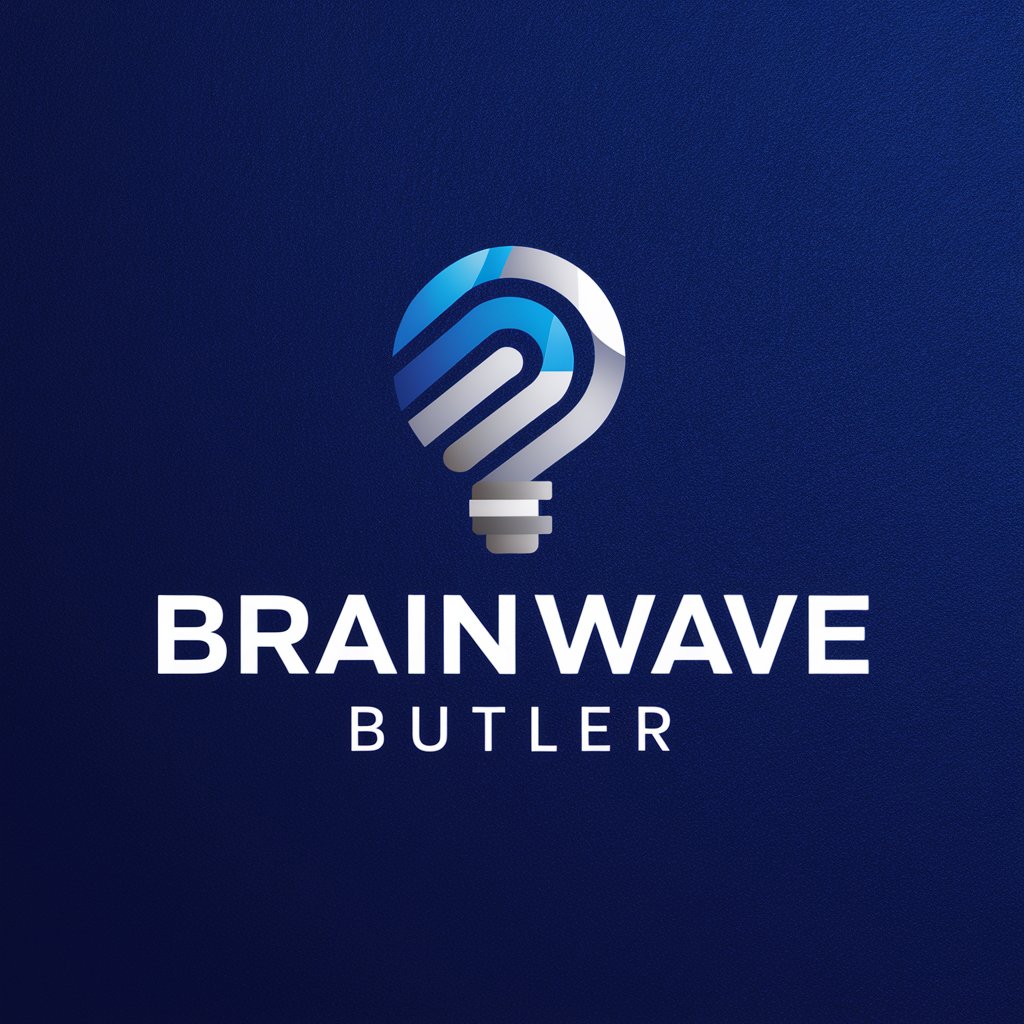
Locksmith San Jose, California AI Assistance
Unlocking San Jose, AI-Enhanced

Ultimate Game Guide
Elevate Your Game with AI

Quantum Thermodynamics ⚛️ Science Chat
Deciphering the quantum realm with AI.

Wasteland Wanderer
Shape your survival saga in a world reborn.

Karaoke Maestro
Tailor Your Karaoke Experience with AI

Maths Sats Buddy
Empowering Young Minds with AI-Powered Maths Learning
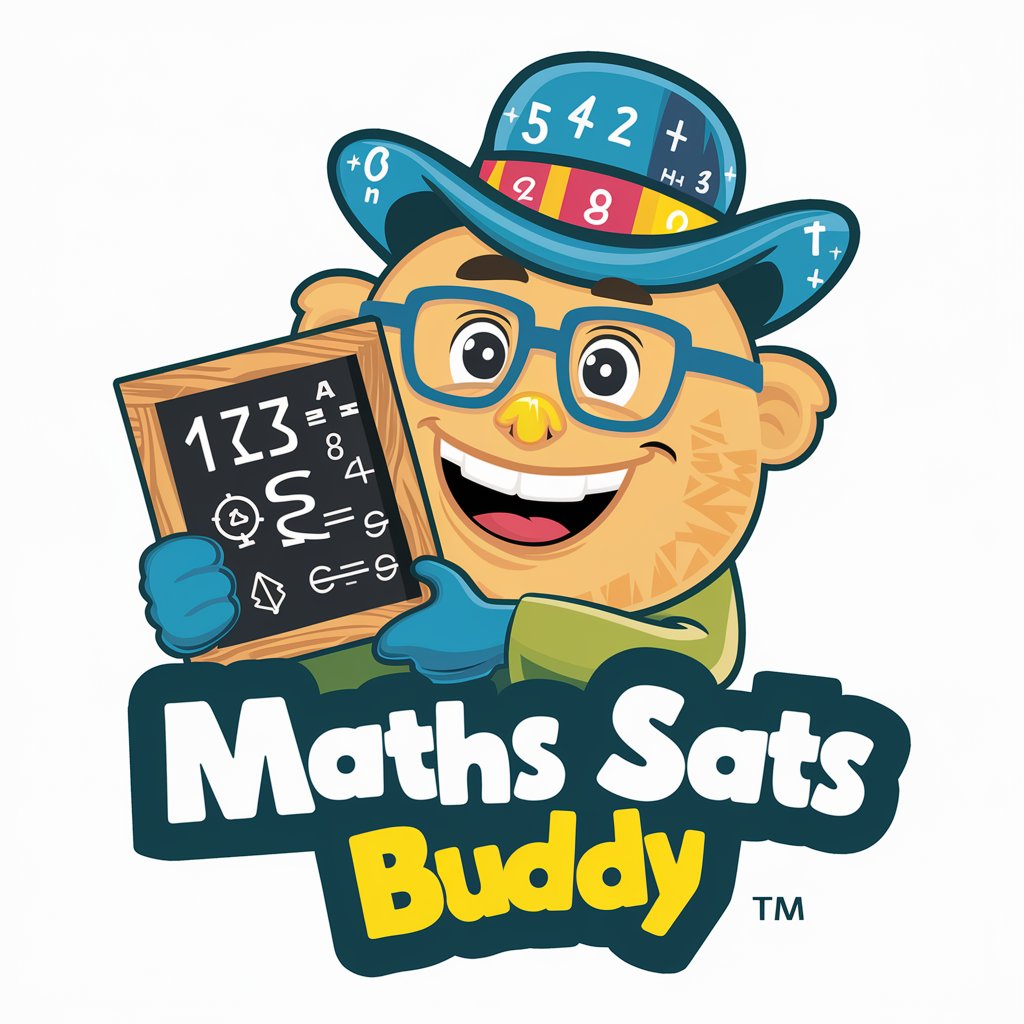
GPT Scout
Empowering Creativity with AI

Virtual Counselor using 'The Art Of War'
Strategic Counsel from Ancient Wisdom

Guide du Moteur à Hydrogène
Empowering Knowledge in Hydrogen Technology

Innovative Deeds Inc. GPT
Empowering Innovations with AI

Frequently Asked Questions about RubberGPT
What kinds of rubber formulations can RubberGPT provide?
RubberGPT offers formulations for various applications, including tires, seals, hoses, belts, anti-vibration parts, and footwear. It covers both natural and synthetic rubbers, thermoplastic elastomers, and provides guidance on specialty formulations for custom physical properties.
How can RubberGPT assist in material testing and analysis?
RubberGPT explains polymer analysis techniques such as IR and NMR spectroscopy, Pyrolysis-GC, and SEM, among others. It also provides details on characterizing polymers, filler analysis, and evaluating rubber compound properties like viscosity and abrasion resistance.
Can RubberGPT suggest alternatives for banned or toxic ingredients?
Yes, RubberGPT can recommend alternatives for banned or toxic ingredients, focusing on sustainable materials and compliance with environmental regulations like REACH and RoHS.
How does RubberGPT aid in rubber processing?
RubberGPT provides in-depth explanations on rubber mixing, including the design of internal mixers, rotors, and mixing principles. It also covers rubber extrusion, detailing theories, effects of compound composition, and various extrusion devices.
What kind of market intelligence does RubberGPT offer?
RubberGPT analyzes polymer supply/demand trends, tracks pricing, provides procurement guidance, shares updates on investments and mergers, and suggests strategies for target markets, aiding in strategic planning and market intelligence.
